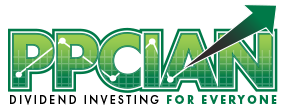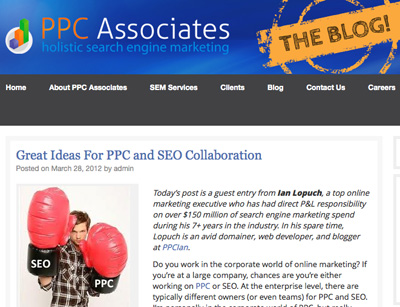It was an incredibly productive Monday for me, and I’m so thankful. However, not all of my Mondays are like that. Have you ever had a Monday where you just can’t get started? The time seems to pass by, but you just can’t gain any momentum? You don’t know where to start and your mind is still in the weekend? Today, I’m thrilled to share a productivity hack that could take your Mondays to the next level. I want to share my warm-up strategy for generating great momentum, on Mondays and any other day that you need a little extra push!

As a running enthusiast, I’d like to leverage a running analogy today. That said, you could really think about any sport. What’s your favorite sport? Would you just jump into that sport without a proper warm-up? Definitely not advised!
Whenever I go running, especially at fast pace (when participating in a charity 5K for example), I always warm-up. Why? My body is not ready for the intensity of the running without a transition period. The body cannot just jump from one thing to another. An intense race is a very different undertaking than the activities that typically precede the race: Getting a good night’s sleep, eating healthy food, drinking plenty of water, and driving to the event. I warm-up to tell my body it’s race time, and no longer sleeping, eating, hydrating, and driving time. I warm-up to get my muscles ready so that they do not get torn. I warm-up to perform my best, while minimizing the chances of an injury.
Let’s think about the mind for a minute. My warm-up strategy for Monday mornings is based on the observation that my mind also needs a warm-up period. What did I do all weekend? While I certainly work some weekends, I really try to take as much time as possible for my family and myself. Weekends are about relaxing and doing fun things, with some household chores thrown in. While I do try to think out-of-the-box and accomplish some reading, my mind is not in intense Excel modeling mode.
Enter Monday Morning: An incredibly complex Excel model is so different from my weekend activities. Oftentimes, my mind is not ready for that immediate jump. Without a warm-up, I may go slower than normal, and not do my best work. I may even risk a mistake (the work equivalent of the sports injury). My solution: I warm-up my mind.
Let’s use today as an example… Heading into today, I knew that I had an incredibly complex Excel model to build. However, being a Monday, I wasn’t quite ready to build that model first thing in the morning. So, I spent all morning on emails and easier tasks. I crossed five easy tasks of my list.
After lunch, I was fully warmed-up. I felt a great sense of accomplishment since I completed so many tasks in the morning. While they were easy, warm-up tasks, they got me moving. Just like a runner, I started gaining momentum about half-way through the race. At the exact moment my momentum really started kicking in and I felt my strongest surge of energy and focus, I went for it and built my model. I got my model completed in about four hours, and I had complete focus and peak efficiency the whole time. I also felt completely exhausted afterwards, just like the runner who’s momentum builds right into that sprint towards the finish line.
After building my model, I did a little bit of cool-down work (another easy task or two) before calling it a day. It’s all about accomplishing as much as possible in as little time as possible, and leaving the office knowing that you had a rock star day! I hope the warm-up strategy helps you operate at peak productivity.









